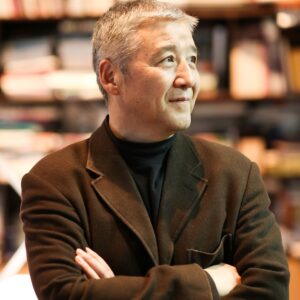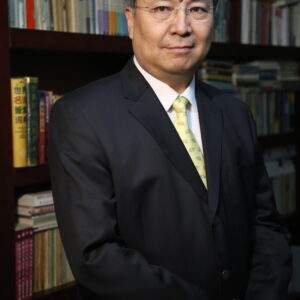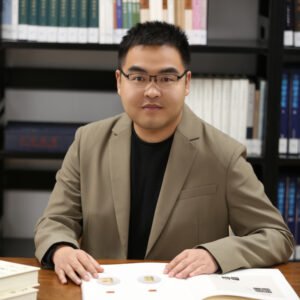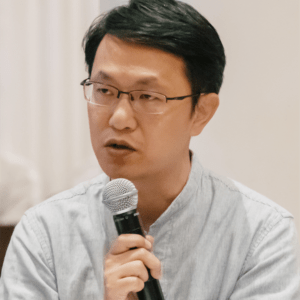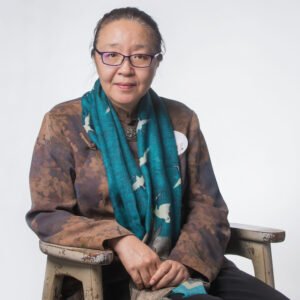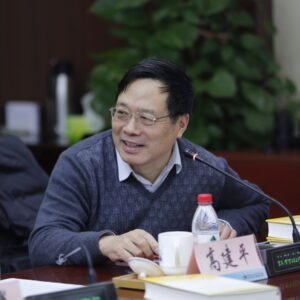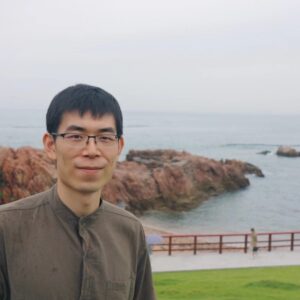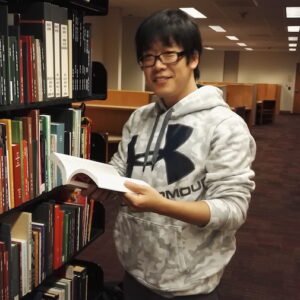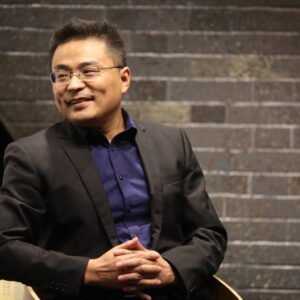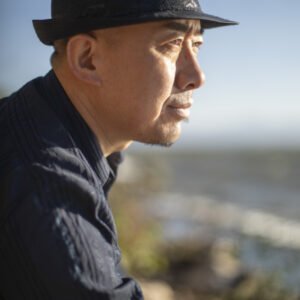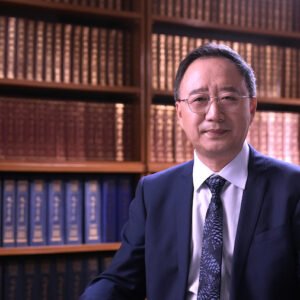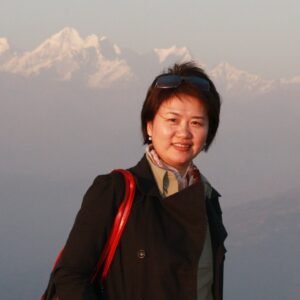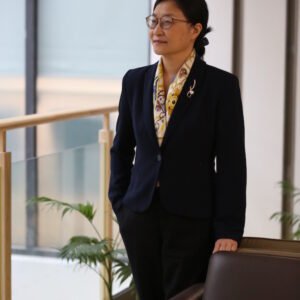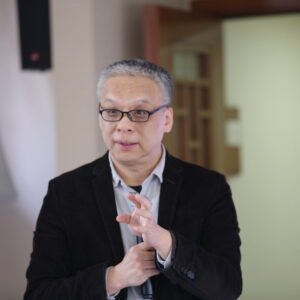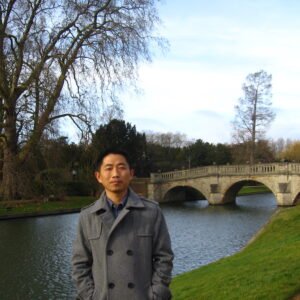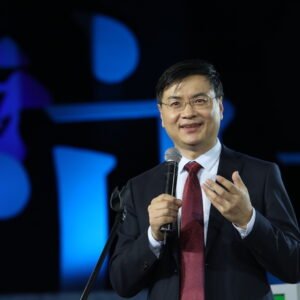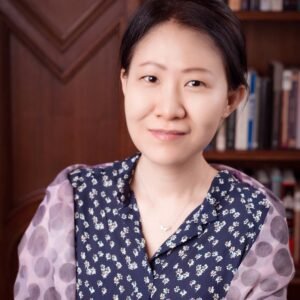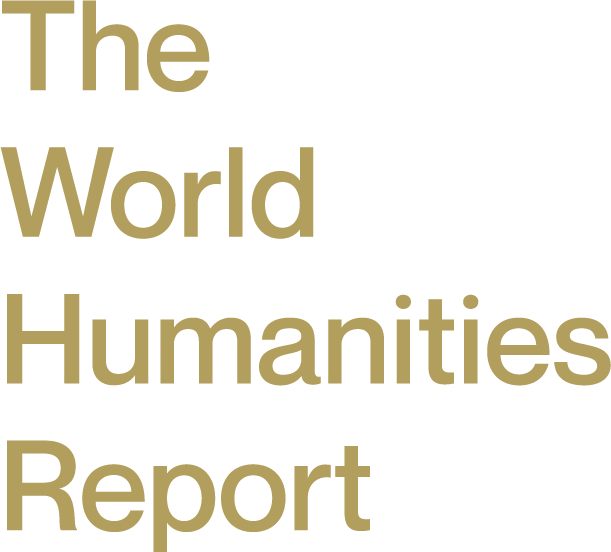The academic subdivisions of the humanities in China are much the same as those in other countries around the world, but the scale of scholars and students, the research system, and the volume of publications are among the largest in the world. Using the existing humanities disciplines and their distribution as a guide, starting with the status of literature studies, history, philosophy, linguistics, archaeology, and other related fields, the eleven chapters of this report outline the development and trends of humanities scholarship and education in mainland China over the past thirty years.
We are releasing first Wang Hui’s general introduction to the subsequent chapters of Mainland China’s contribution to the World Humanities Report. These chapters, listed below, will be released in 2024.
ESSAYS
Introduction – The Past and Present of the Chinese Humanities
Chapters to be published
Chapter 1. Literature
- Classical Chinese Literature. Liu Yuejin
- Modern Chinese Literature. Cheng Kai
- Contemporary Chinese Literature. He Jixian
- Chinese Ethnic Minority Literature. Chao Gejin and Liu Daxian
- Foreign Literature
- English and American Literature in China. Cao Li
- European and Russian Literature. Liang Zhan
- Asian and Japanese Literature. Xiong Ying
- African Literature. Jiang Hui
- Latin American Literature. Teng Wei
Chapter 2. History
- Premodern Chinese History. Hou Xudong
- Modern Chinese History. Wang Dongjie
- World History. Mei Xueqin and Qiu Zhenwu
Chapter 3. Philosophy
- Chinese Philosophy. Zhang Zhiqiang and Wang Zheng
- Western Philosophy. Zhang Zhiqiang and Han Xiao
- Religious Studies in China. Liu Guopeng, Chen Jinguo, and Ding Ruizhong
Chapter 4. Aesthetics and History of Arts
- Aesthetics and Theory of Literature and Arts. Gao Jianping
- Chinese History of Arts. Pan Gongkai
Chapter 5. Cultural Studies
- Comparative Literature and Cultural Studies. Dai Jinhua
- Journalism and Communication Studies. Lu Xinyu, Peng Zhixiang, and Hou Peisheng
Chapter 7. Unearthed Documents
Chapter 8. New Trends
- The National Learning Revival. Shen Weirong
- China’s Institutes for Advanced Studies. Qu Jingdong
- Digital Humanities. Zhao Wei, Li Feiyue, and Liu Shi
Chapter 9. Liberal Studies and Language Training
- Promoting Mandarin for China’s Economic and Social Development. Zhao Yang
- Bilingual Education in Ethnic Minority Areas. Ba Zhanlong
- The Expansion of Foreign Language Education. Wang Shouren
- Less Commonly Taught Foreign Languages. Sun Xiaomeng and Zhang Tianwei
- The Past, Present, and Future of Humanities General Education in Chinese Universities. Cao Li and Sun Xiangchen
Chapter 10. National Organizations and Institutions
Chapter 11. Linguistics
Research Team

 View PDF
View PDF